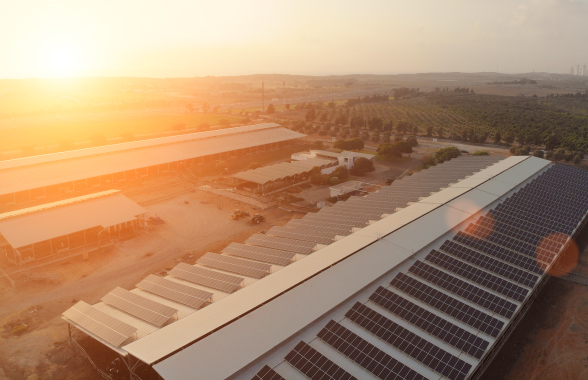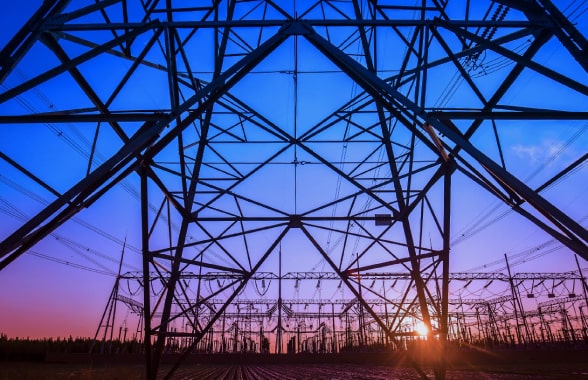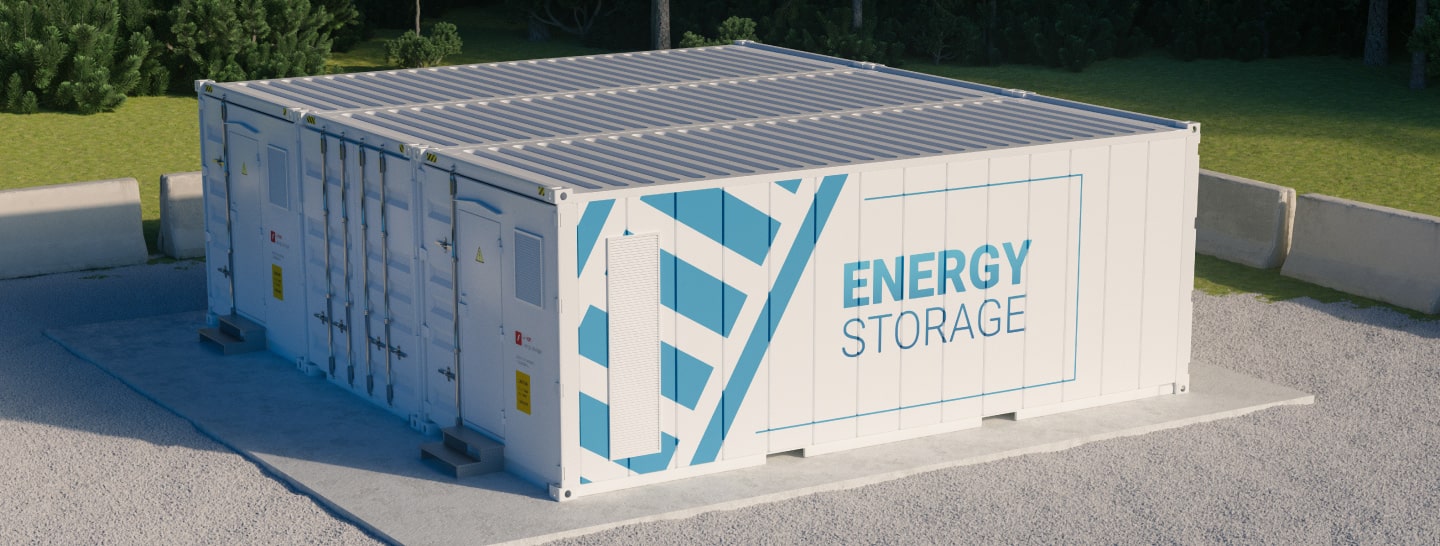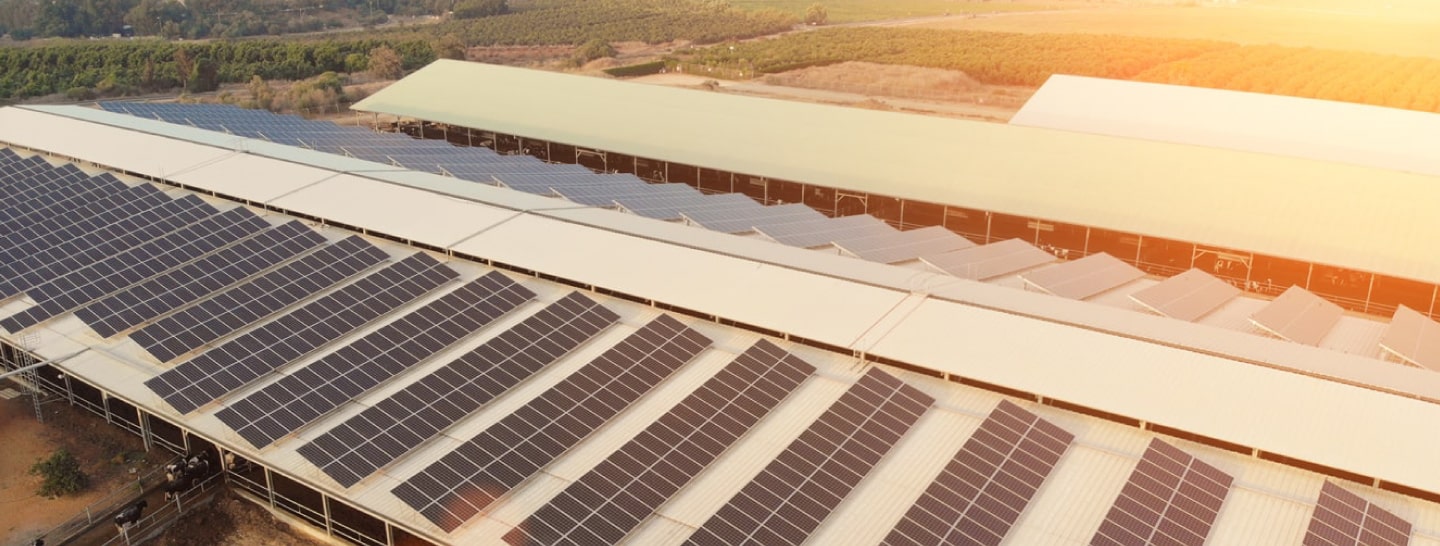What are energy advisors and what do they do?
What does an energy advisor do?
An energy advisor visits a customer’s business to perform an energy audit to determine the site’s level of energy usage and energy efficiency. The visit can involve analyzing energy bills and inspecting equipment.
The resulting energy audit will provide the customer with a report outlining a complete picture of their energy needs, with the goal of reducing energy consumption.
Based on this assessment, the energy advisor advises managers by providing concrete suggestions about how to reduce energy bills, achieve more energy efficient buildings, improve sustainability practices and meet environmental regulations.

What are the benefits of having an energy advisor?
An energy advisor or energy consultant can offer clients a number of benefits, including:
- Reductions in energy supply costs thanks to their knowledge of the market and contacts with a large number of suppliers, which can be made to compete for business
- Improved knowledge of energy markets at a lower cost than independently-managed energy procurement
- Implementation of a procurement and energy management strategy that yields long-term economic advantages
- Better command of regulatory changes, thanks to their market insights
- Ability to implement complex strategies that can significantly reduce your energy consumption
- Identification of any problems with equipment such as leaks or poor maintenance that are causing energy losses
- Introduction of new energy efficiency technologies that would have otherwise remained unknown, which in turn can increase the value of the property through installation, for instance, of solar panels, LED lighting, or weatherproofing
Why does your business need an energy advisor?














